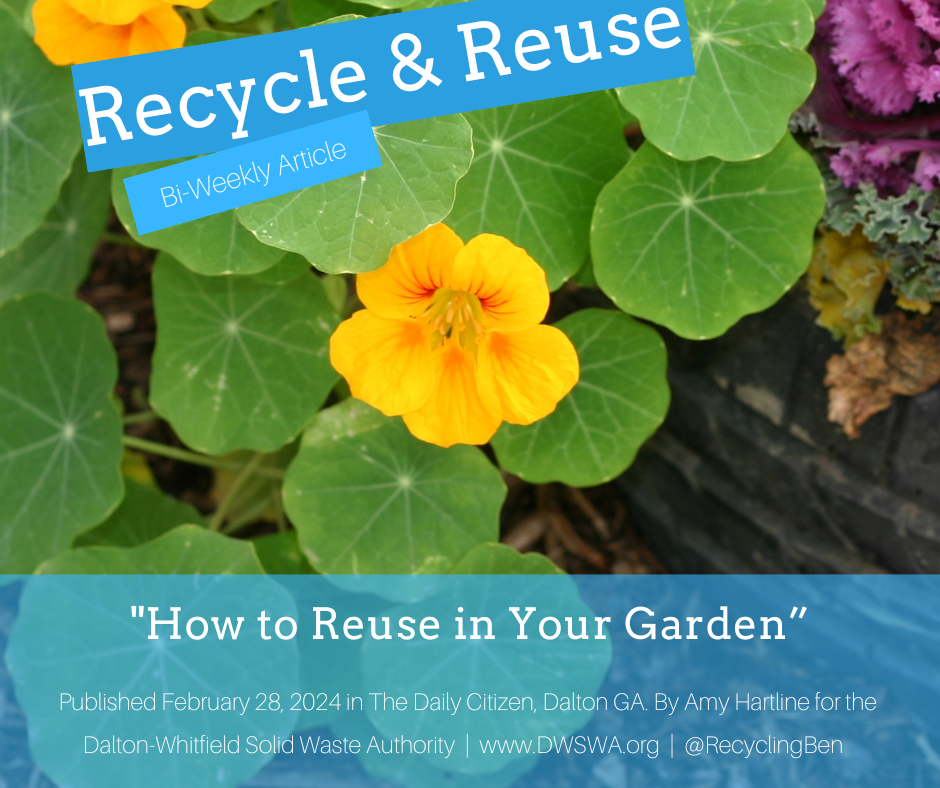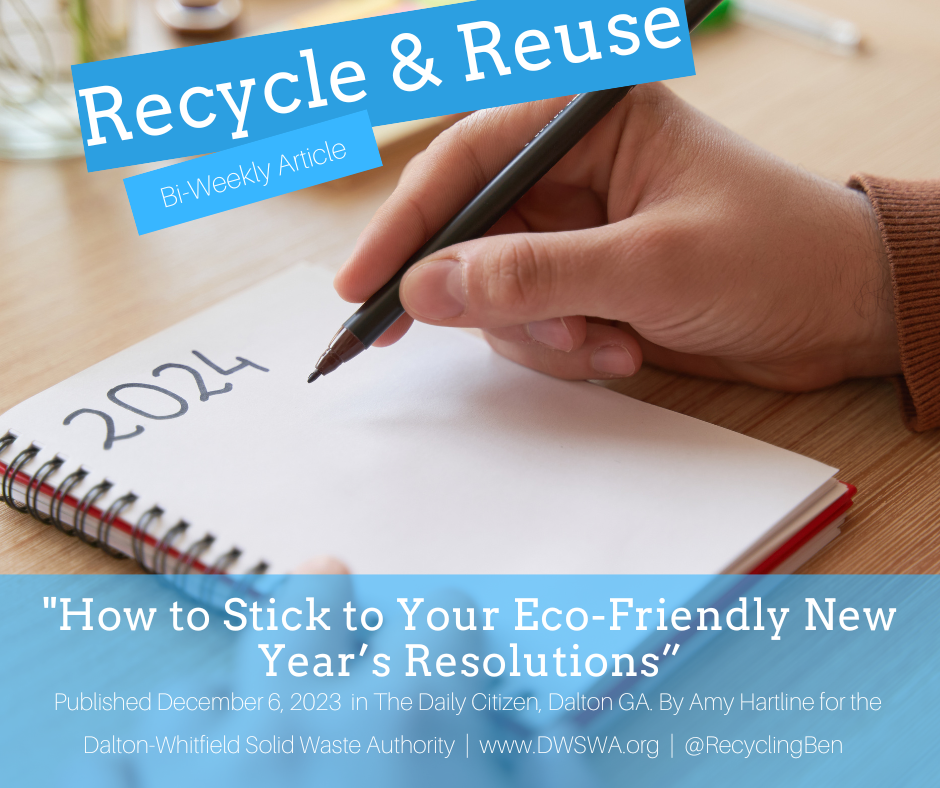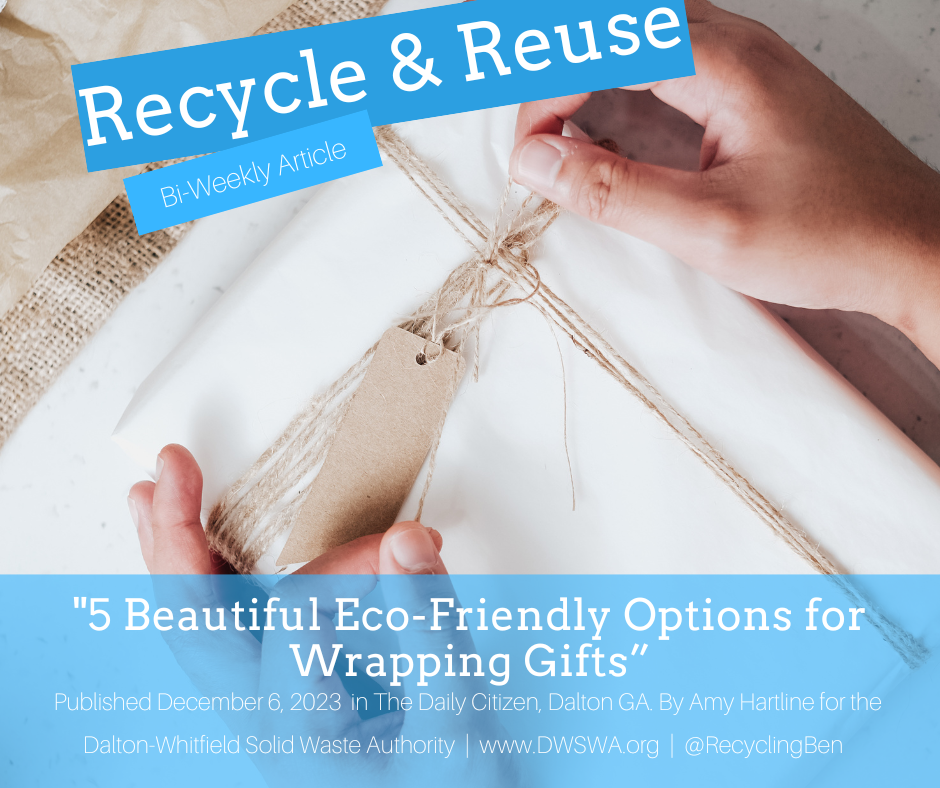Tips for Eco-Friendly Pets
/Include pets in your ecofriendly lifestyle with these tips. From choosing reusable to cleaning up with biodegradable bags there’s plenty for pets to do to help the planet.
When you and your family recycle, reuse, and drive the car less you take daily eco-friendly actions that have a positive impact on the planet. But, there may be a family member that you’re overlooking that can also contribute to a cleaner and more beautiful planet. If you have a pet dog or cat at home don’t forget to include them in your environmentally friendly lifestyle. According to the National Pet Owners Survey by the American Pet Products Association, 65 percent of American households have pets. Here are several tips to help make your pet a little greener this month.
• Give Sustainable Toys and Accessories: Products that are sustainable are made with materials that are renewable or from materials that are manufactured from recycled products. For example, items made from bamboo are sustainable because new shoots of bamboo replace the bamboo that is harvested to make new products. Bamboo is therefore classified as renewable. Pet products that are sustainable include those made from hemp, which is typically free of herbicides or pesticides. Try to choose leashes, harnesses, collars, or even pet beds made from hemp when possible.
Products made from recycled materials could include pet beds or leashes made from recycled plastic bottles. Plastic water and soda bottles labeled with the number 1 recycling are a type of plastic called polyethylene terephthalate or PET. When recycled PET can be converted into fibers that can be used to make textiles like fabric for pet beds and blankets. Look for labels on products that say PET or eco-spun, and have a recycling symbol. Most sustainable options don’t cost any more than regular pet products.
• Make Your Own: Get crafty and make your cat some fun toys with leftover scraps of fabric and yarn. Depending on what you have on hand, you won’t even need a needle and thread. If you have a green thumb you can grow your own organic catnip or cat grass indoors. Give yourself bonus points for growing the plant in a reused plastic bottle or bi-metal can. Dogs may enjoy a sock stuffed with another sock and tied at the end. My dog likes playing with empty water bottles since they’re so noisy.
Beyond toys, you may be able to make your own dog or cat beds from old clothes or even braid your own collars and leashes from plastic bags. A quick search online for do-it-yourself pet crafts will show instructions for making dog tug toys from t-shirts or old blue jeans. There are even several instructions to bake your own dog treats or mix dog-friendly shampoo. Cats may enjoy playing in an upcycled cardboard box cat house. The idea is to use something one more time before throwing it away or recycling.
• Use Natural Cleaning Products: When buying soaps and shampoos to clean your pet choose those without toxic chemicals. You wouldn’t want those on you, so don’t lather up your pets with them either. Read the labels and look for items with limited ingredients, and those labeled all natural, eco-friendly, green, or hypo-allergenic. Also, when buying cleaning products to pick up those messes pets may leave behind on the floor, choose the most natural ones you can find. You could go the DIY route and make your enzyme cleaner and scrub with natural ingredients like baking soda and lemon. A web search for “enzyme cleaner” will bring up several recipes for you to try.
• Clean up the Poop: For dogs choose biodegradable doggie doo bags instead of regular plastic which can take many years to decompose. Pet waste left outdoors can be washed into storm drains where it can drift into local streams and contaminate the environment. Always take an extra minute to pick it up and dispose of it properly. If you have cats, choose kitty litter with no clay or artificial ingredients. Always look for the litter made with natural products like corn, pine, cedar, or wheat.
• Choose Reusable: When feeding your pet use reusable dishes and plates that can be washed instead of single-use disposables. And, when storing food, treats, clothes, and other accessories use containers that are reusable like plastic tubs, baskets, or wooden trunks. When traveling or exercising outdoors with your pet consider taking your water in a reusable water bottle instead of a disposable plastic bottle. Reusing one item is more beneficial than using one thing and throwing it away. Over the course of a year, a single reusable pet food bowl can replace over 365 disposable plates. That equals less waste that your pet is sending to the landfill.
































